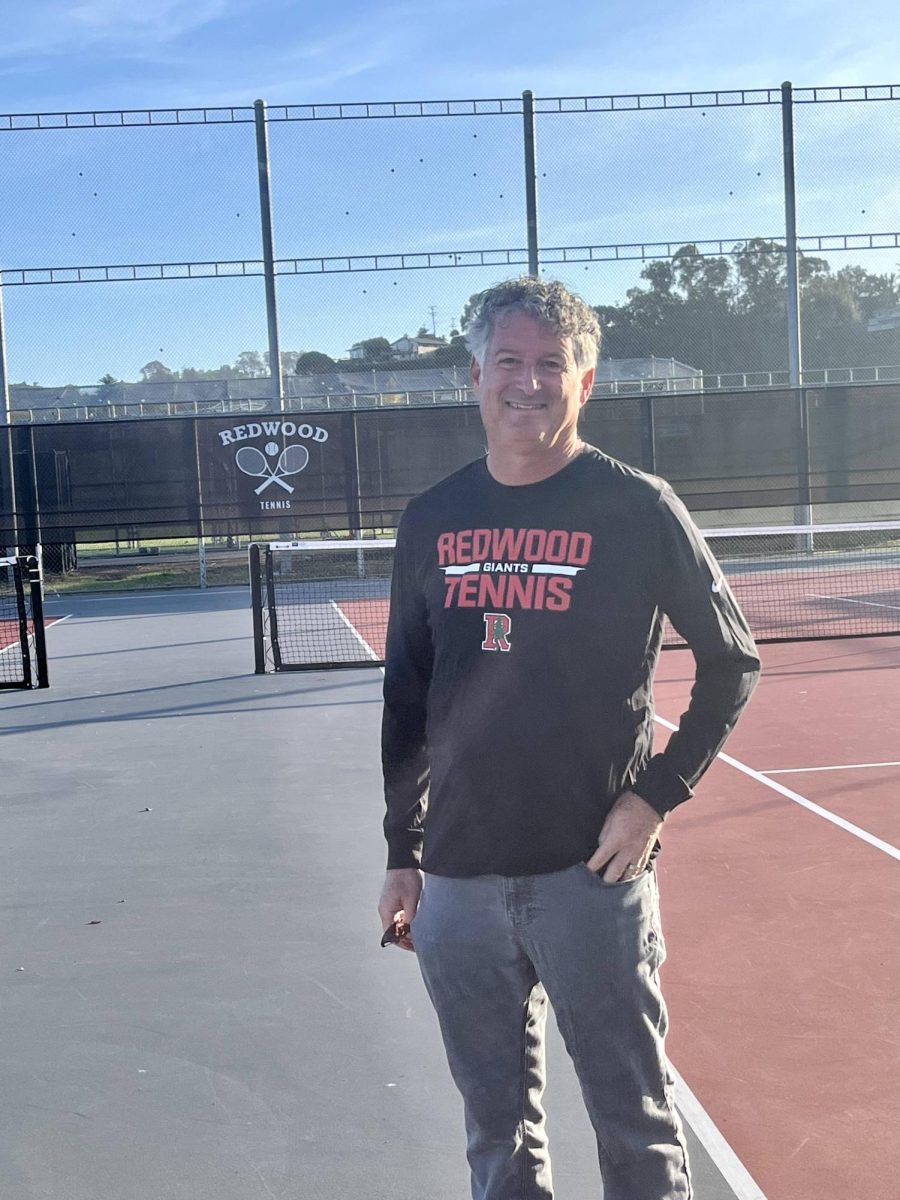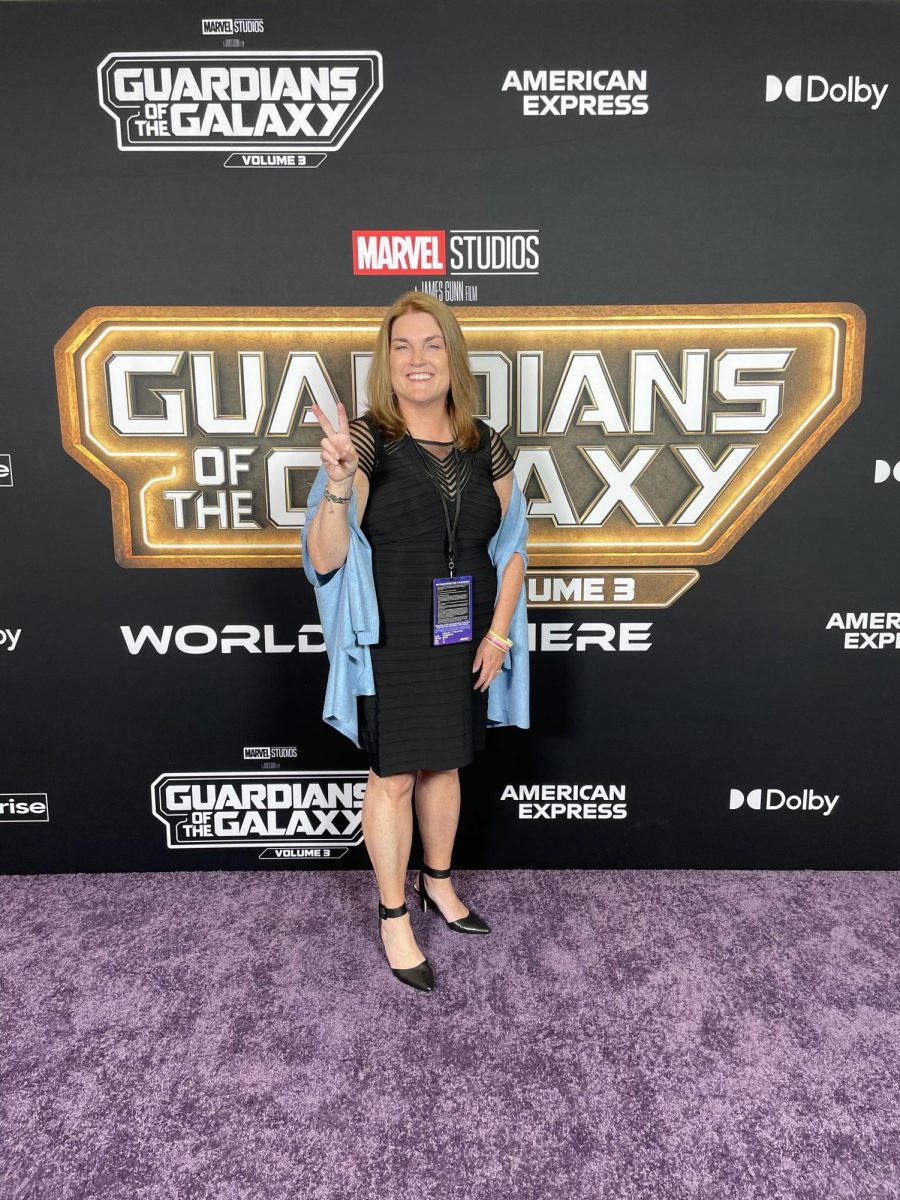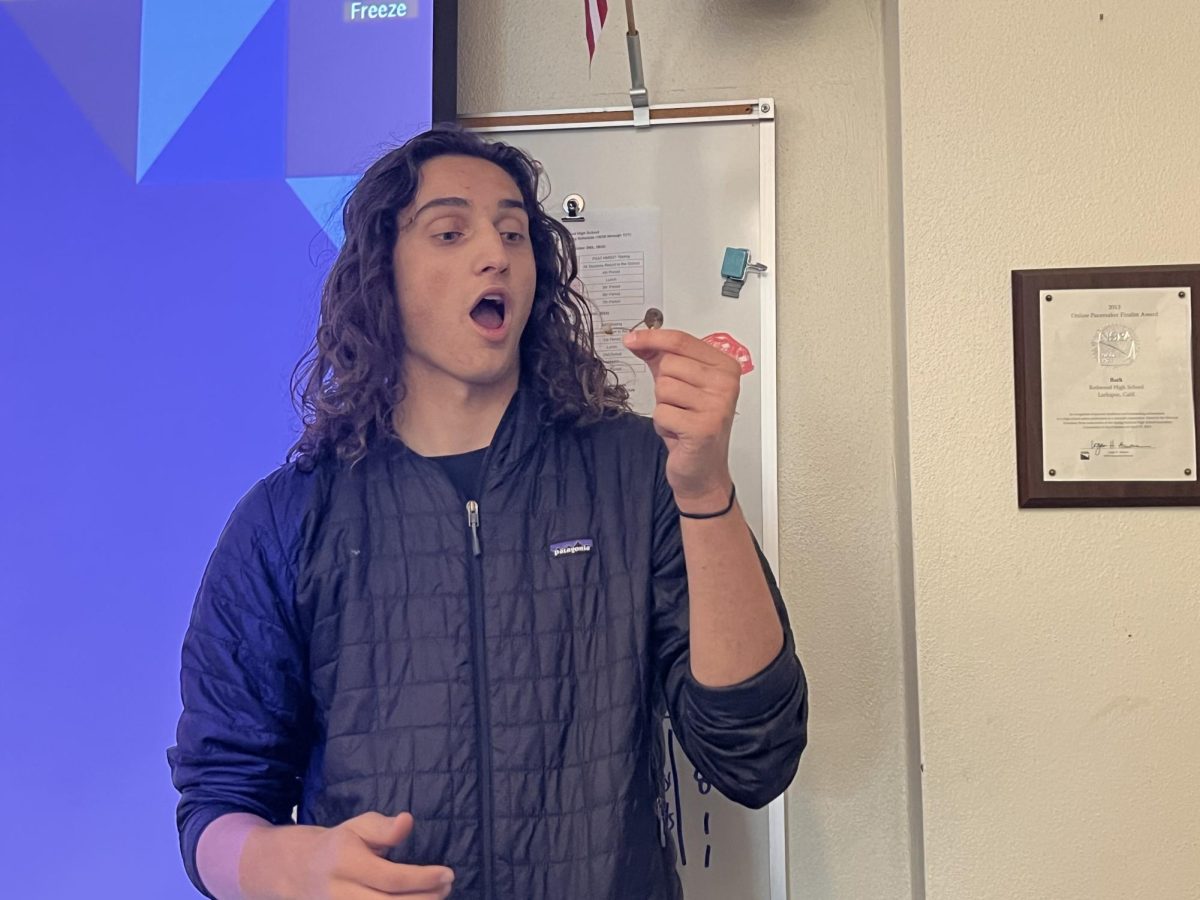In a world where equity often feels out of reach for the most vulnerable, Full Picture Justice is redefining what it means to fight for fairness and humanity. Founded with a mission to abolish the death penalty in California while addressing systemic inequalities that continue cycles of harm, this nonprofit organization aims to nurture personal growth rather than define individuals by their past actions.
Co-founded by Scarlett Nerad, Full Picture Justice is a team of women who tackle the daunting work of reducing the punishments of death penalty cases while building community-centered alternatives to the justice system. At its heart, Full Picture Justice recognizes that justice has to extend beyond the courtroom; it should extend to the lives of families and communities impacted by systemic inequities.
The work behind the name
The organization’s dedication lies in mitigation investigations, a process as exhausting as it is vital.

“We develop social histories and investigate life stories to present a full picture of our client’s lives to judges and juries deciding between life and death,” Nerad said.
This process requires going back three generations to uncover every factor — trauma, environmental influences and familial dynamics — that may have shaped the client’s life. It humanizes individuals who are too often dehumanized within the justice system. The work, Nerad said, helps juries and prosecutors see clients as more than their worst moments.
Director of Operations, Emma Peat, highlighted the broader goal of the organization.
“We’re here to end the death penalty, but we’re also here to support communities and address the structural inequalities that put people in harm’s way, to begin with,” Peat said.
Building community through healing
One of Full Picture Justice’s standout ways of creating both community and understanding is its healing circles. These circles provide a safe space for system-impacted individuals to share their stories without the feeling of judgment or analysis.

Executive director Diane Lozano holds over three decades of public defense experience, offering her insight into how these circles create change. She highlights that while these gatherings are not conventional therapy, they can be healing for many participants.
“[Healing circles] can be therapeutic. People who might shy away from traditional therapy find healing in these spaces,” Lozano said.
The circles are open to anyone, creating a platform for people to connect on shared struggles and triumphs, as Peat explained.
“Many of our participants come in hesitant, but they leave feeling a part of a community,” Peat said.
Shifting focus towards Marin/San Quentin
Currently, Full Picture Justice is working on a case located in Marin County, although details remain confidential. This led to a discussion about Marin and the changes happening at San Quentin State Prison.
Once known as California’s most notorious prison and home to the nation’s largest death row population, San Quentin is undergoing a $380 million transformation due to Gov. Gavin Newsom’s initiative, announced in May 2023, with hopes to be completed by 2025. Newsom hopes to transform the perspective on the California prison system, starting with San Quentin State Prison. Newsom is currently building a campus-like environment with educational and job opportunities, and meeting spaces. This initiative aims to serve as a nationwide model for effective justice reform.
Since then, Newson has implemented a halt to the death penalty, offered support towards those within the California prison system, ended for-profit prisons and is attempting to reform juvenile detention, overall hoping to increase public safety through what he called the “Real Public Safety Plan.”
Challenges
While the organization’s work is inspiring, challenges, particularly funding, are significant.
“We operate in counties where the death penalty is prevalent, which also tend to be under-resourced. That’s why we’re there, but it makes financial stability difficult,” Peat said.
Lozano pointed to the larger issue of systemic inequality.
“California still has the largest death row in the world. We spend $330 million annually on a system that doesn’t execute people but drains resources that could be used for rehabilitation, housing, or education,” Lozano said.
Beyond guilt and innocence
Unlike projects defending the innocent, Full Picture Justice doesn’t focus solely on blaming the wrongfully accused. Most of their clients are guilty of the crimes they’re charged with.
“Innocent or not, the death penalty is unjust. Everyone deserves fairness and humanity in the process,” Nerad said.
By painting the full picture of their client’s lives — their hardships, strengths and potential — Full Picture Justice challenges society to see these people beyond guilt.
“The truth isn’t about whether someone did it or not,” Lozano said. “It’s about their humanity and what they’re capable of.”








